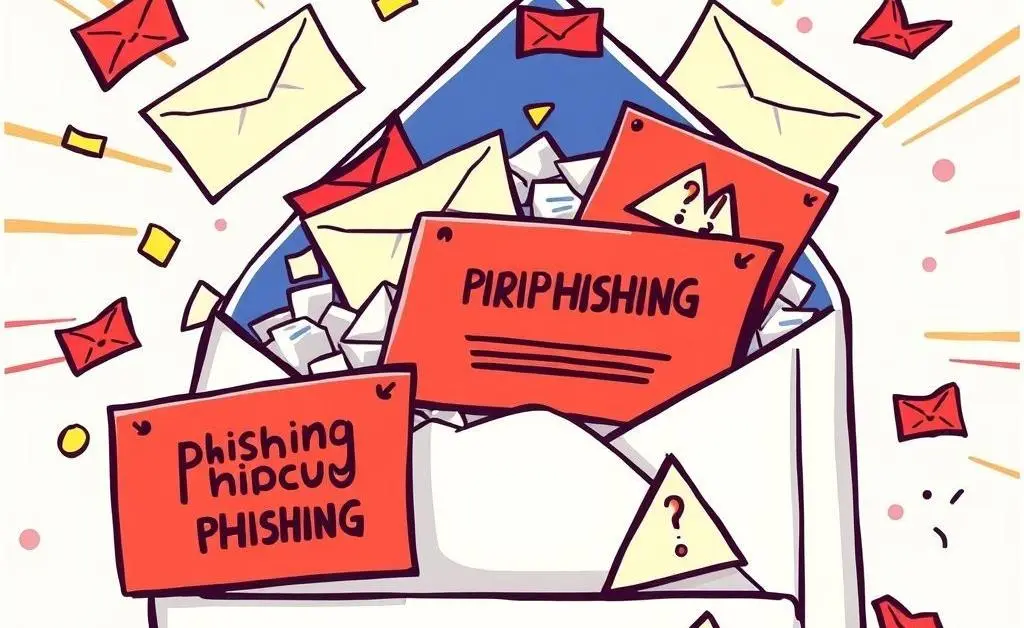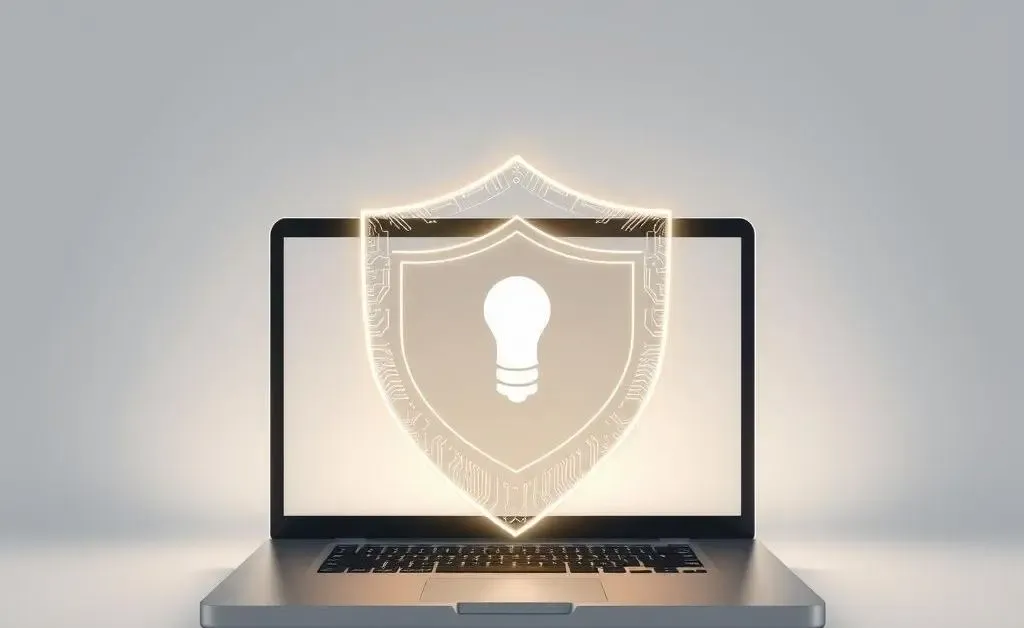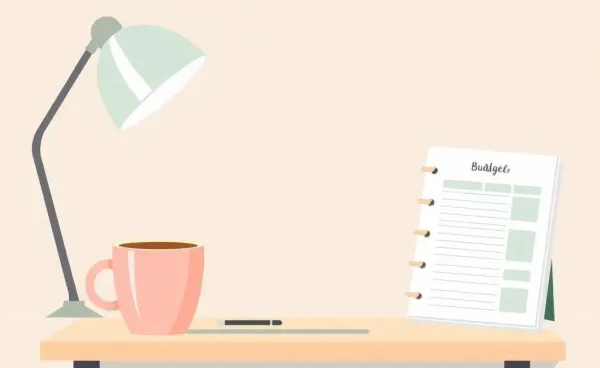How to Stay Safe from Financial Scams: A Practical Guide
Discover essential tips to protect yourself from financial scams online.

Hey there! Today, we're diving into a topic that’s become increasingly crucial—staying safe from financial scams. If you’ve ever felt a twinge of doubt about an email asking for your bank information or a random message promising riches beyond your wildest dreams, then you’re in the right place.
Spotting the Red Flags
Financial scams often start with promises that seem almost too good to be true. And you know what they say: if it sounds too good to be true, it probably is. Here are some key warning signs to watch out for:
- Unexpected Contact: Receiving unsolicited messages from supposed banks or businesses.
- Urgency and Pressure: Scammers might say you need to act fast to avoid penalties or gain a big reward.
- Personal Information Requests: Be suspicious of emails asking for passwords or banking details.

Why You Should Ignore Private Messages Offering Financial Help
Oh, the temptation of easy money! We’ve all been there—someone slides into your inbox promising a quick financial fix. Here’s why you should hit 'delete' immediately:
Scammers often prey on vulnerability and might offer loans or investments that require an up-front fee. Once paid, they vanish along with your cash. It’s crucial to verify any claims by checking official websites or directly contacting the company in question.

Practicing Safe Online Habits
I remember once almost falling for a scam—an official-looking email said my bank account was at risk. The adrenaline kicked in, but a second glance revealed subtle signs of a scam. Here’s how to keep your online interactions secure:
- Verify URLs: Check the address bar for suspicious website links before clicking.
- Secure Connections: Ensure the site uses HTTPS before entering any personal data.
- Use Strong Passwords: A mix of letters, numbers, and symbols can protect your info.

A Final Word: Trust Your Gut
Ultimately, the best tool you have against scams is your instinct. If something feels off, trust that feeling and investigate further. Stay informed, stay cautious, and always think twice before sharing personal information online. What are some methods you use to practice safe financial habits online? Let’s chat about it in the comments below.




